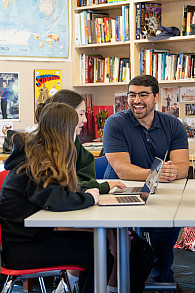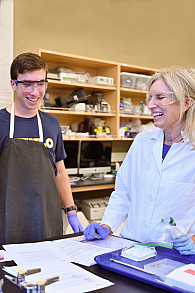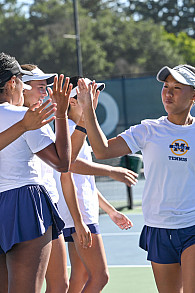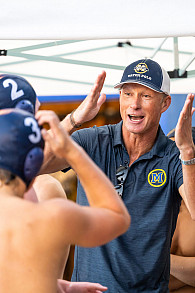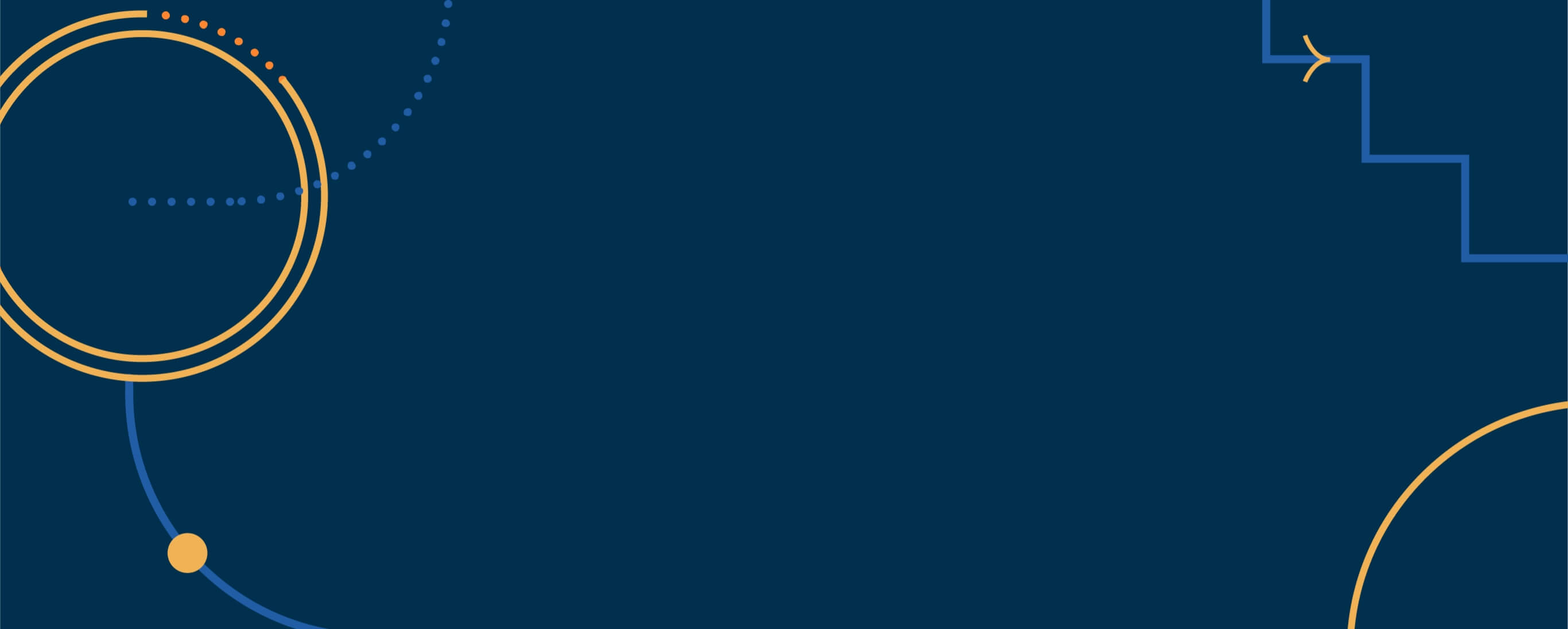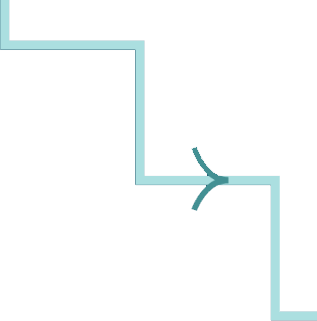Biography
When it comes to the human body, scientific knowledge and narrative knowledge are seemingly at odds. The former demands dispassionate, objective observation; the latter invests our genome with the DNA of imaginative literature: symbol, image, metaphor. Yet clinical medicine cannot be practiced without a narrative patient history, and medical knowledge seems to strive for the archetypal shape of narrative: the medical crisis is a narrative “climax” of sorts that must be “resolved” by a cure. This course invites you to discover new ways of thinking about the relation between medicine and the humanities through close readings of memoir, fiction, poetry, and essays, as well as medical and scientific treatises. Units on bioethics, embodiment, pain, pathography, pandemics, and immunology will prepare you to fashion original theories of narrative and healing at the vanguard of this interdisciplinary field. This seminar is designed equally for STEM students who are interested in healthcare and for humanities students interested in themes of malady, body, and identity.
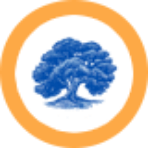 MENLO SCHOOL Since 1915
MENLO SCHOOL Since 1915